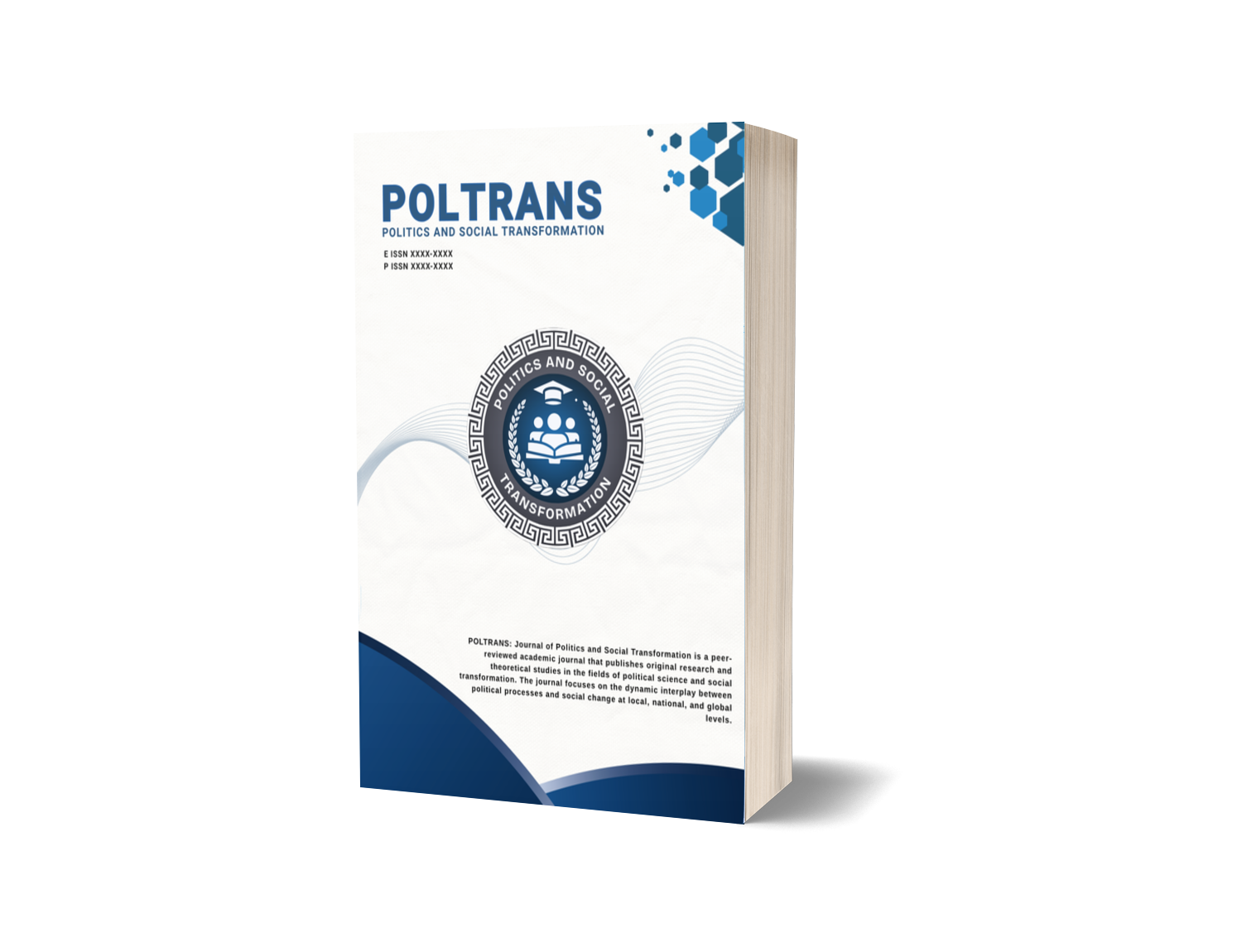The impact of liquefied petroleum gas distribution restriction policy on consumers
Keywords:
Policy, investor trust , political risk, sustainability , fiscal incentivesAbstract
Liquid Petroleum Gas is a produced and distributed by state owned companies in Indonesia. It is a vital energy source for the community, especially for consumers from micro businesses and lower middle income households. However, policies that reduce fuel oil quotas impact the availability of 3 kg LPG, causing significant shortages and making it difficult for consumers to obtain gas at affordable prices. In this regard, the Minister of Energy and Mineral Resources has a crucial role in formulating and overseeing distribution policies, including price setting and distribution channels involving Pertamina, to ensure LPG prices remain reasonable and equitable distribution. Although the conversion policy from kerosene to LPG that began in 2007 aims to meet the community's basic needs, its implementation still faces various challenges in terms of distribution and irregularities that need to be managed to minimise the negative impact on consumers.







